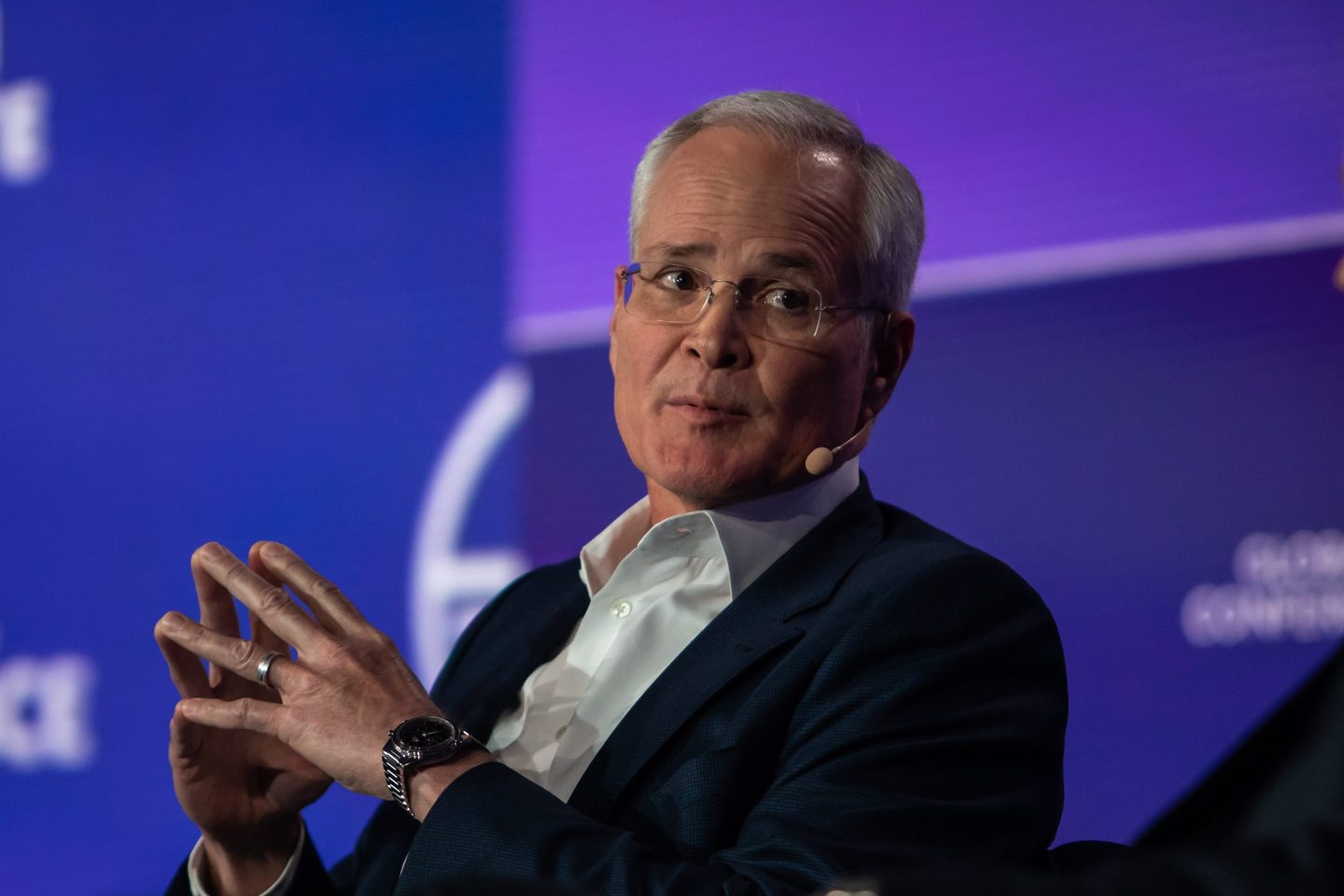We have seen news story after new story highlighting the disconnect between what we spend on healthcare in the U.S. and what we get for that $3.3 trillion and change—particularly compared with other developed countries. The so-called “value proposition” for Americans in this regard hasn’t exactly been stellar. Access to care is neither even nor fair, we overtreat, often overcomplicate that treatment, and spend way too much for the drugs and hospital care we do receive. But through all the exposés and data dumps of our broken healthcare system—and FORTUNE has been proud to offer a lot of them—there has been one defensive refrain: “Sure, we pay too much for our meds, but at least we have them when we need them.”
Well, no more. As FORTUNE’s Erika Fry reports in a stunning, deeply reported, and frankly “Holy $%&@, I can’t believe this” feature for the June issue of the magazine, we’re running desperately short of scores of critically important medicines in this country. Or make that hundreds of medicines—there are 202 currently on the drug shortage list. They range from anti-pain and anti-nausea drugs to even elemental components of clinical care such as saline solution and sodium bicarbonate, the latter of which is used in heart surgeries and to help patients with kidney failure. Drugs in frighteningly short supply include those that treat rapid heart rate and ease pregnant women through difficult labors. It’s remarkably basic stuff—the staples of modern medicine. And shockingly, this “emergency waiting to be a disaster,” as one hospital pharmacist calls it, can be tied largely to a single company: Pfizer.
That said, the reasons for this crisis go well beyond a single company’s failings, as Erika explains. And so, ultimately, does the solution. Read “Critical Condition: Inside Pfizer’s Drug Problem,” which went online on Fortune.com yesterday. It is a truly terrific piece of reporting—and an important story too.
More news below.
| Clifton Leaf, Editor in Chief, FORTUNE | |
| @CliftonLeaf | |
| clifton.leaf@fortune.com |
DIGITAL HEALTH
FDA to fast track certain gene therapies. The Food and Drug Administration (FDA) has been on a mission to speed up drug approvals under Commissioner Scott Gottlieb. That approach will soon extend to certain gene therapies, Gottlieb announced Tuesday—and first up are treatments for the blood clotting disorder hemophilia. Gottlieb also asserted that gene and cellular therapies "will soon become the mainstay of how we treat a wide range of illness," and that the agency will soon issue a broader policy framework on expedited approval processes in the space. (STAT News)
INDICATIONS
Congress passes Right to Try bill. Medical "Right to Try" legislation is headed to President Donald Trump's desk after Congress passed the bill on Tuesday. If (as is widely expected) Trump signs it into law, some patients would have broader latitude to access experimental treatments while bypassing the FDA. But Right to Try is pretty controversial in its own right, with critics (including some patient advocacy groups like NORD) noting that there's already a pretty substantial compassionate use initiative at the agency.
THE BIG PICTURE
Rare brain virus spreads in India. A second Indian state may be facing an outbreak of a rare, brain-eating virus called Nipah virus. The pathogen may be carried by fruit bats and spread via bodily fluids—and it's extraordinarily deadly at a 70% mortality rate. As is often the case in developing nations, infectious diseases are a particular concern in India given the country's population density and a lack of sophisticated medical infrastructure and monitoring. (Reuters)
REQUIRED READING
Facebook's Fix-It Team, by Michal Lev-Ram
Why Everyone Hates Their Cable Company Even More This Year, by Aaron Pressman
GM Gets Ready for a Post-Car Future, by Rick Tetzeli
Meet the Goldman Sachs-Backed Fintech Startup Aiming to Take Over North America, by Jen Wieczner
| Produced by Sy Mukherjee | |
| @the_sy_guy | |
| sayak.mukherjee@fortune.com |
Find past coverage. Sign up for other Fortune newsletters.











